Selecting a feline companion often involves considering various factors, including temperament, compatibility, and health. While individual health can vary widely within any breed due to genetics, care, and luck, some cat breeds have garnered reputations for robust health and longevity. These breeds often exhibit fewer hereditary health issues and possess traits contributing to a hardier constitution. This article will delve into the top seven healthiest cat breeds, exploring the characteristics contributing to their overall well-being and making them stand out in the feline world. From natural breeds honed by the environment to those with minimal hereditary conditions, these cats represent the pinnacle of feline health, offering potential owners peace of mind alongside companionship.
1. Russian Blue
The Russian Blue is renowned not only for its striking appearance but also for its generally robust health. This breed is often celebrated for its long lifespan and minimal genetic health issues. Russian Blues possess a dense, short coat that is less prone to shedding and allergens, making them a healthier choice for people with allergies. They are known for being less susceptible to common genetic disorders that affect many other breeds, including obesity, thanks to their naturally lean physique. Their immune system contributes to their overall well-being, making them less likely to succumb to common feline diseases. The Russian Blue’s combination of health factors and calm, gentle nature makes them ideal pets for those seeking a healthy, low-maintenance feline companion.
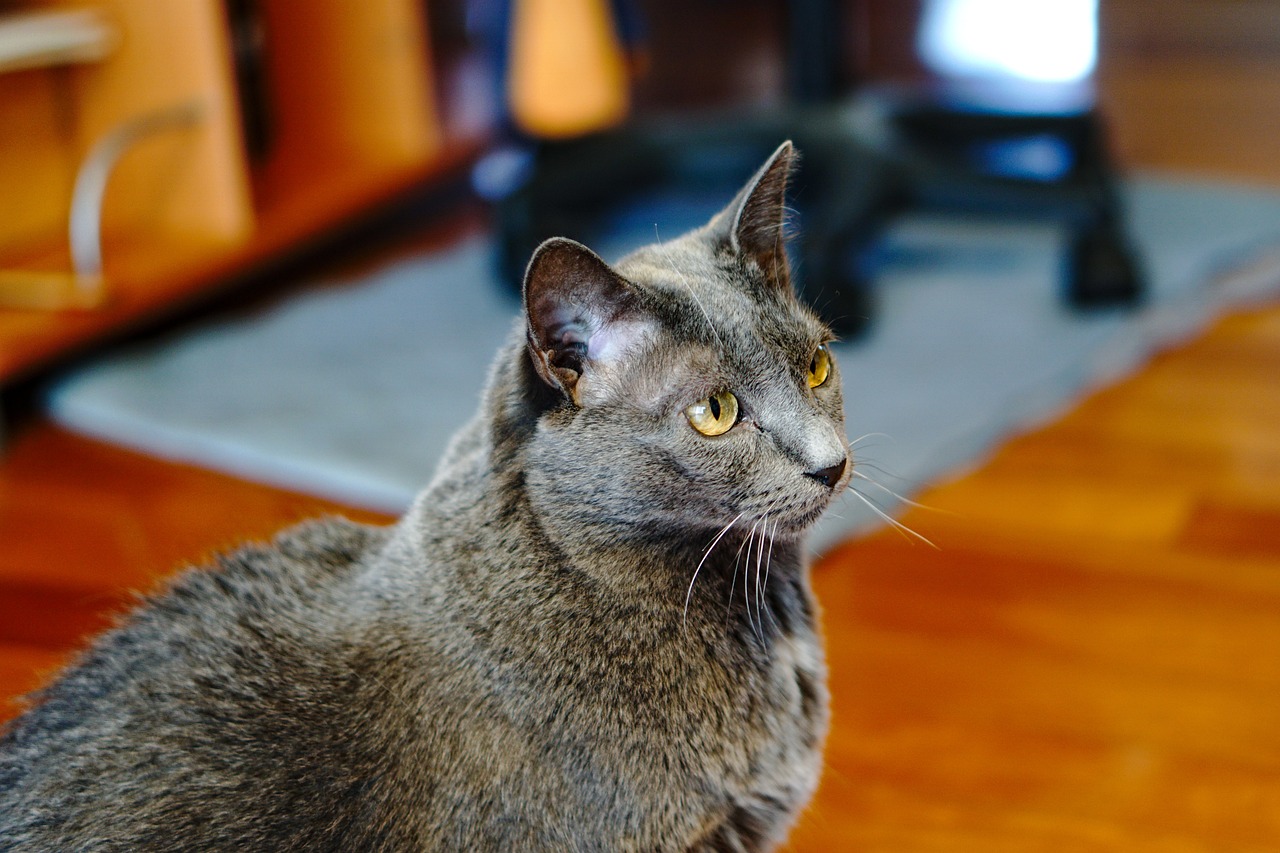
2. British Shorthair
The British Shorthair is another breed known for its overall good health and longevity. These cats have a sturdy, robust build that contributes to their hardiness. British Shorthairs are less prone to genetic health issues affecting other breeds, partly due to their diverse genetic pool and breed standards emphasizing health over extreme physical traits. They are known for their laid-back personality, which can contribute to lower stress levels and related health benefits. While they may be predisposed to conditions like hypertrophic cardiomyopathy, responsible breeding practices have helped minimize these risks, making the British Shorthair a generally healthy and resilient breed.
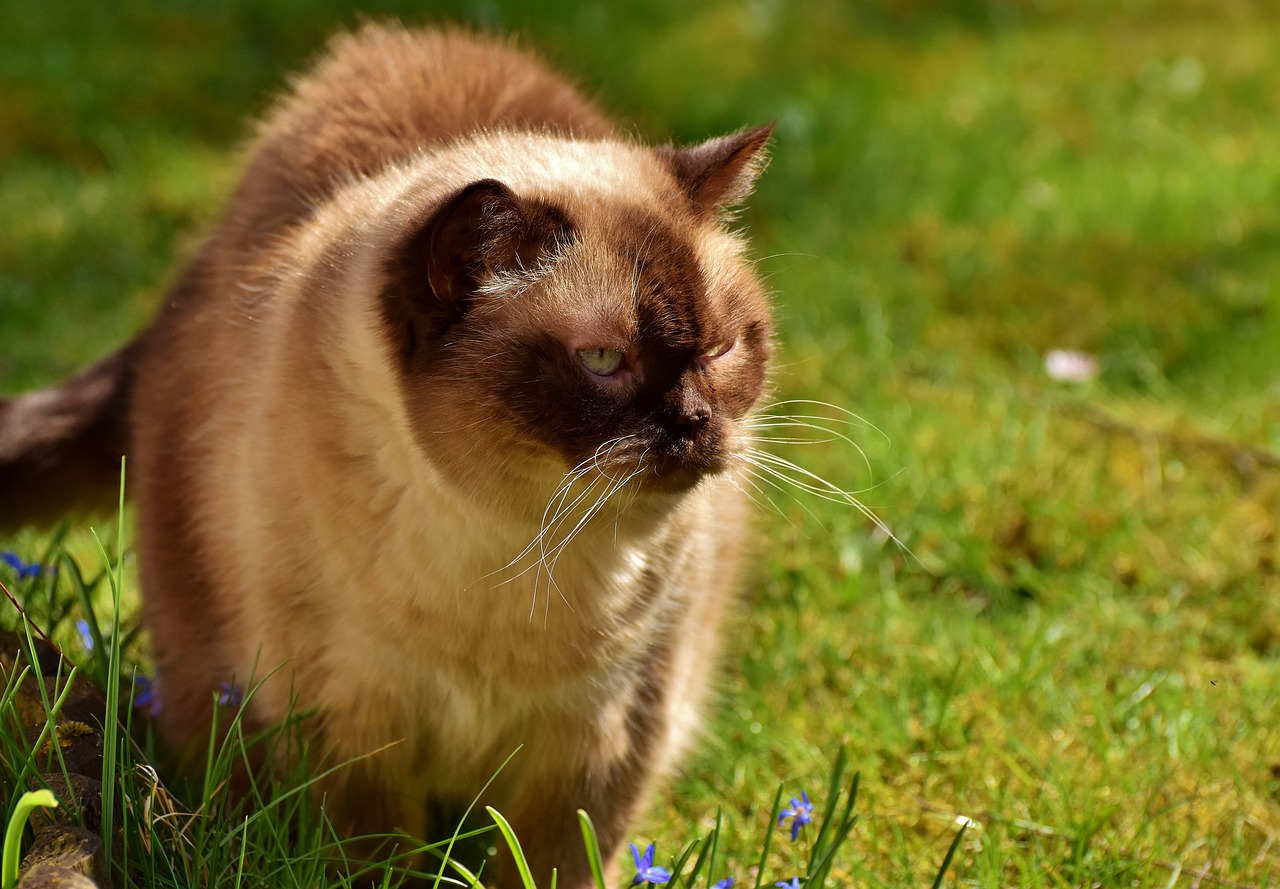
3. Maine Coon
Despite its large size, the Maine Coon is another breed that enjoys relatively good health. These gentle giants are known for their hardy nature, developed to withstand harsh outdoor conditions in their native Maine. While they can be predisposed to certain conditions like hypertrophic cardiomyopathy and hip dysplasia, conscientious breeding practices have aimed to reduce these risks. Maine Coons have a long lifespan for their size, with many living well into their teens with proper care. Their thick coats require regular grooming but are less prone to matting, reducing skin issues. The Maine Coon’s adaptability and robust health make it a favored breed among those looking for a large, healthy cat.
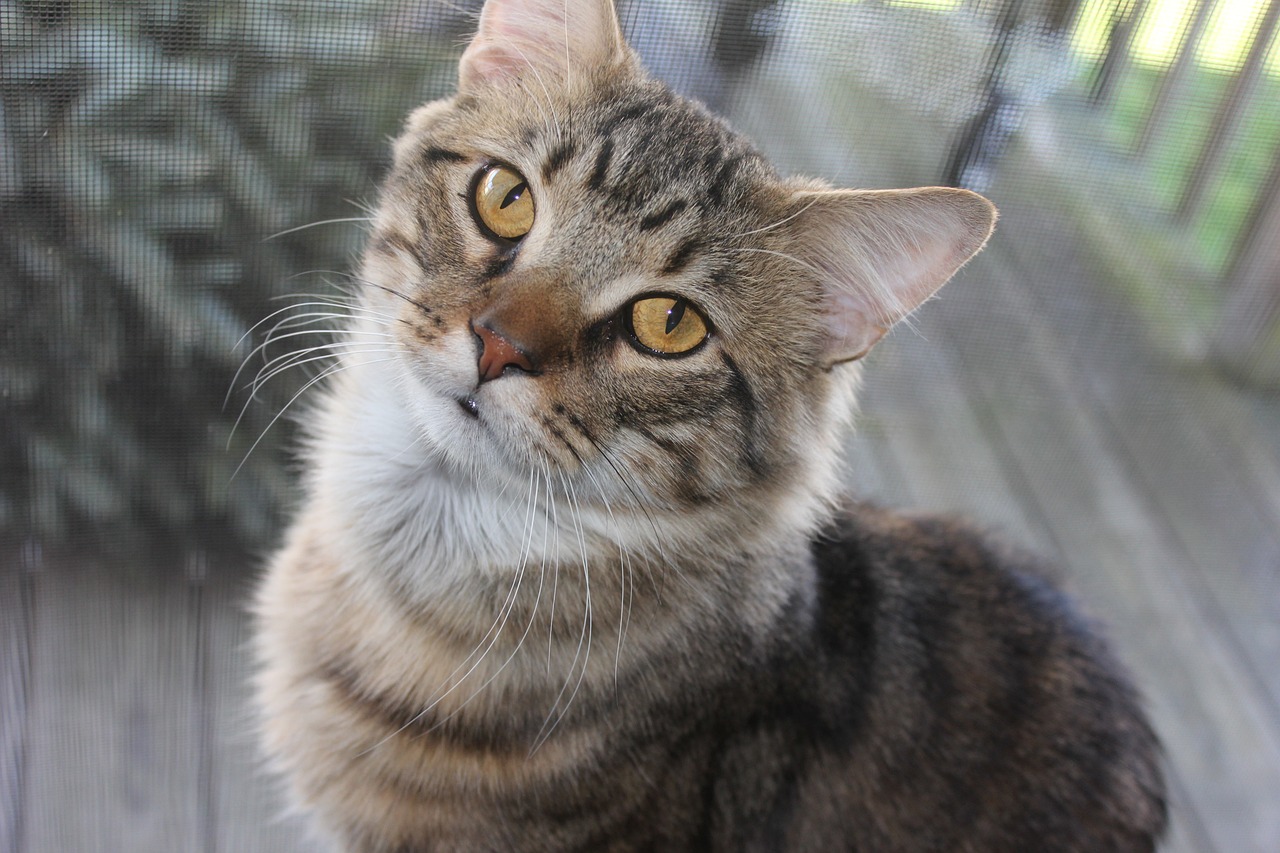
4. Abyssinian
Abyssinians are celebrated for their energetic and playful nature, contributing to their overall good health. This breed tends to have fewer hereditary health problems than others, making them a relatively healthy choice for potential owners. Abyssinians are active cats, which helps maintain a healthy weight and prevent obesity-related issues. They are known for their robust immune system and resistance to many common feline illnesses. However, like all breeds, they can be predisposed to certain conditions. Overall, Abyssinians are considered to have excellent health, contributing to their popularity among cat enthusiasts.
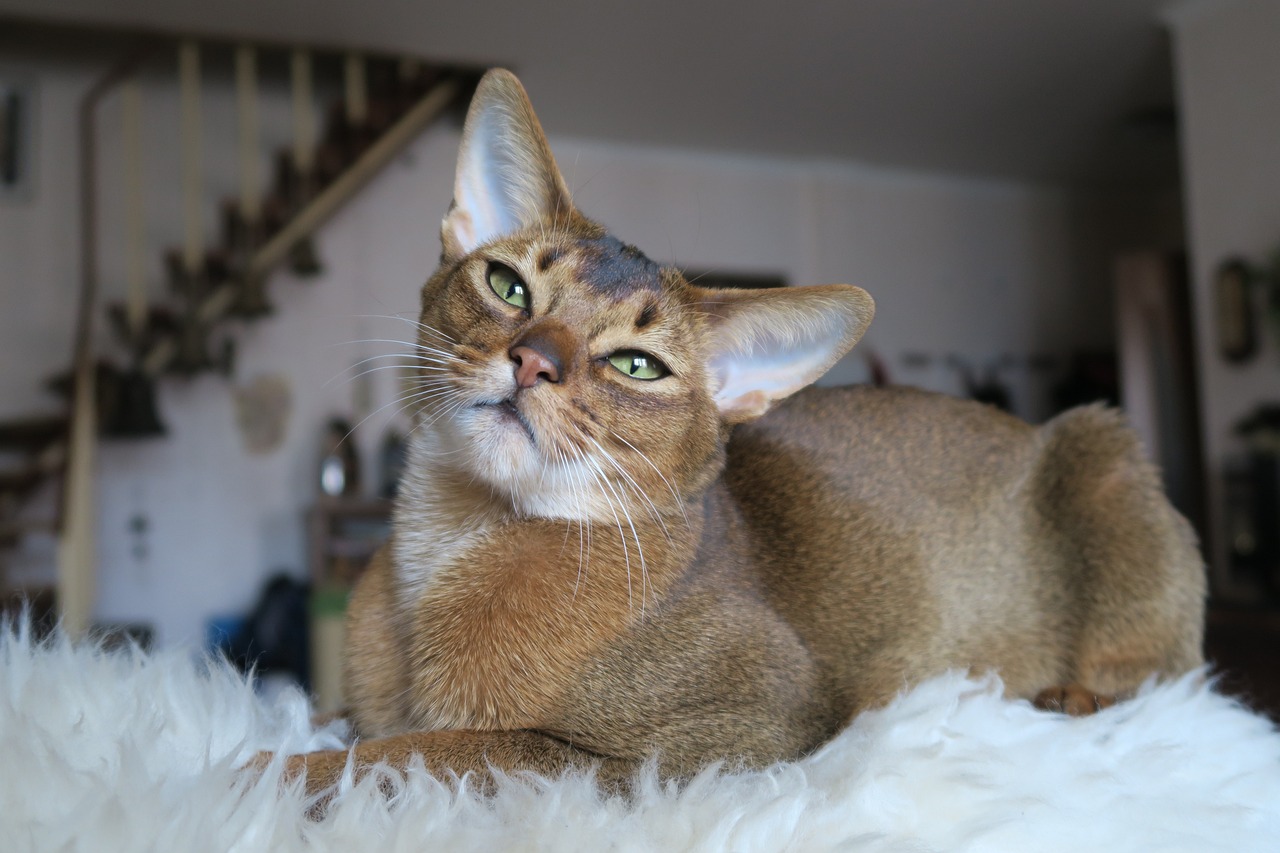
5. Siamese
The Siamese breed is another example of a generally healthy cat, known for its longevity and resistance to genetic disorders. These cats are active and lean, which helps prevent obesity and the health issues that come with it. Siamese cats are also known for their substantial genetic diversity, which reduces the risk of hereditary diseases. While they may be predisposed to conditions like dental issues and amyloidosis, responsible breeding, and proper care can minimize these risks. The Siamese’s vocal personality and social nature also contribute to their mental well-being, making them well-rounded companions for those seeking a healthy, interactive pet.

6. Norwegian Forest Cat
The Norwegian Forest Cat, with its impressive size and luxurious coat, is another breed known for its good health and hardiness. Originating from the harsh climates of Scandinavia, this breed has developed a strong immune system and a robust build that helps it resist disease and tolerate cold weather with ease. Norwegian Forest Cats are generally healthy, with few breed-specific genetic disorders, though they can be predisposed to certain conditions like hip dysplasia and heart diseases. However, responsible breeding practices have helped minimize these risks. Their thick, water-resistant coat requires regular grooming but is not prone to excessive matting, reducing skin problems. The breed’s natural athleticism and love for exploration help keep it physically fit and mentally stimulated, contributing to its overall well-being.
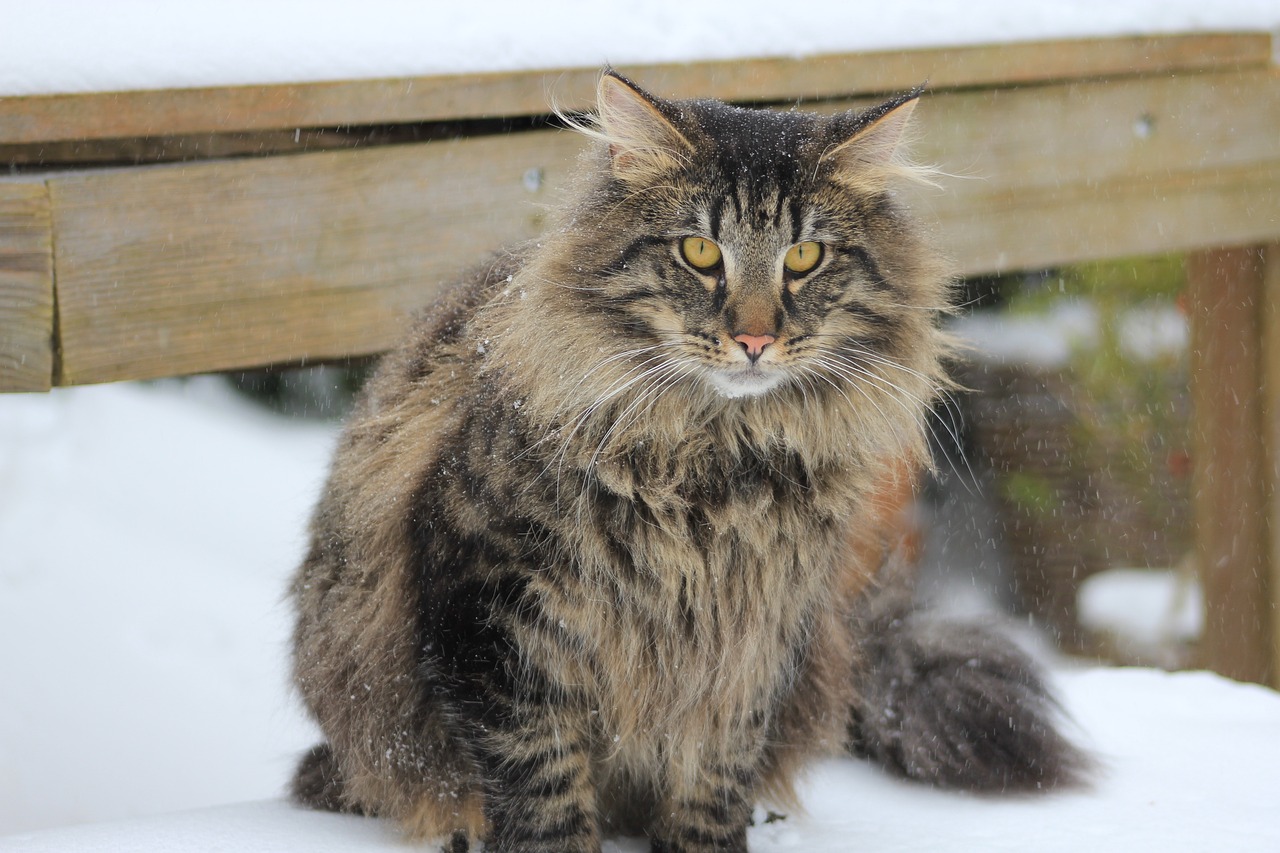
7. Sphynx
The Sphynx, known for its hairless appearance, also ranks among the healthier cat breeds despite what its unusual looks might suggest. The lack of fur reduces issues related to parasites and allergies, both for the cat and its human companions. Sphynx cats are known for their energetic and playful nature, which helps maintain a healthy weight and physical condition. They require regular bathing to remove oil buildup on the skin, promoting good skin health by preventing blockages and infections. While care should be taken to protect them from extreme temperatures due to their lack of fur, the Sphynx’s overall health is generally good, with proper care and attention.

These seven cat breeds exemplify the potential for health and vitality within the feline world. From the Russian Blue’s robust immunity to the Abyssinian’s energetic vigor, these breeds offer prospective owners the chance to share their lives with a healthy, active, and long-lived companion. While individual health can vary and responsible breeding practices are crucial in minimizing genetic disorders, these breeds are known for their overall resilience and well-being. Choosing a breed known for its health can lead to years of companionship and joy, highlighting the importance of health considerations in the journey to find the perfect feline friend.

